Retailers use families to bypass work law
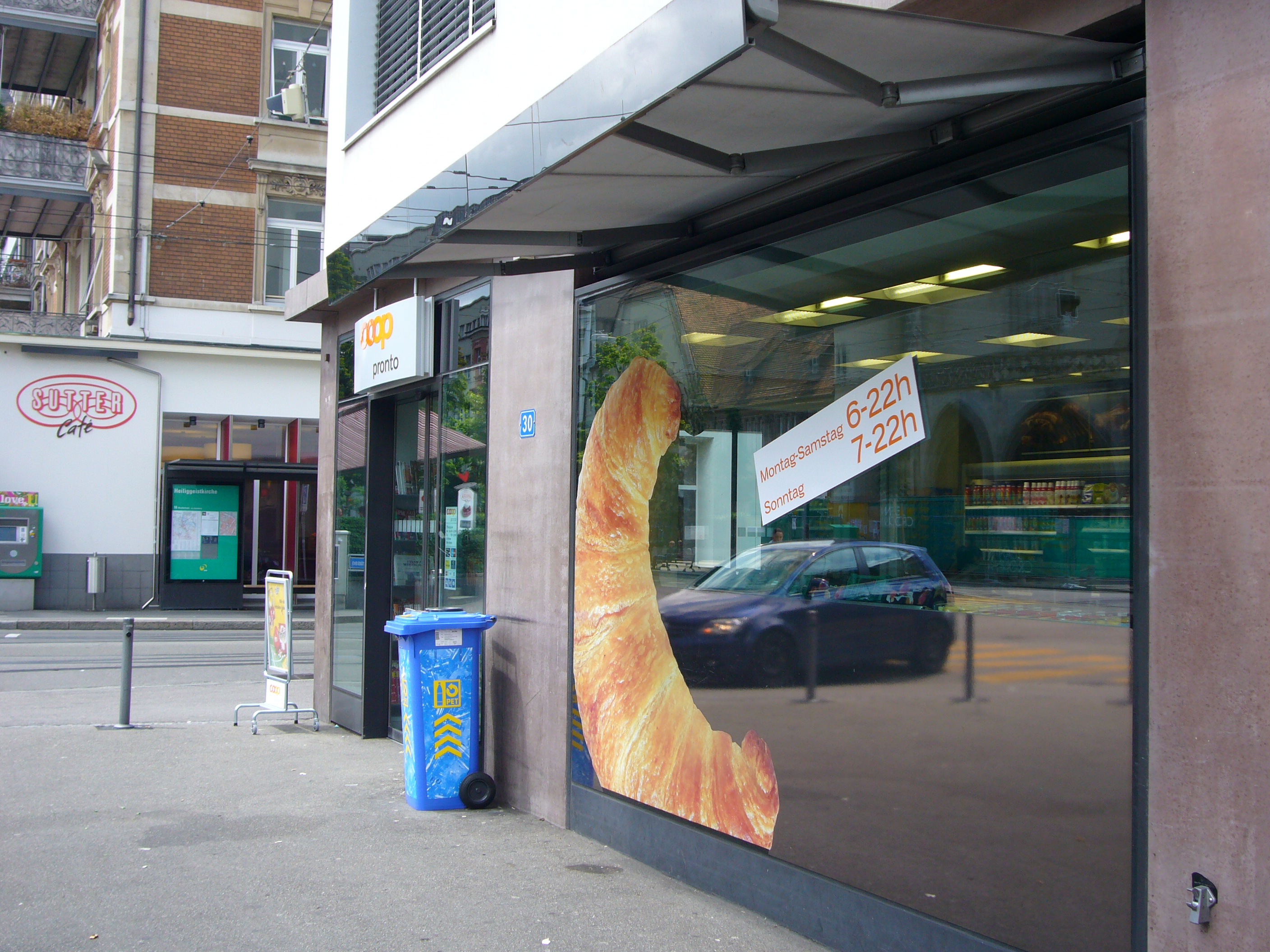
Unlike in neighbouring countries, most shops in Switzerland remain closed in the evenings and on Sundays. But the number of exceptions is increasing. These include the 250 or so Pronto shops belonging to the retail giant Coop.
It’s a hot sunny day in June and hardly anyone is doing a big shop. Most of the people in the Basel store on the corner of Güterstrasse and Tiersteinallee are picking up only small things: vegetables, muesli, bread or milk.
“Monday-Saturday, 6am-10pm; Sunday 7am-10pm,” is displayed in large print in the window.
The long opening times are a strong asset for the shop. “Our regular customers know they can still get fresh bread here at 9pm,” boasts the 33-year-old manager Baris Icboyun.
He and his family, originally from Turkey, have run the Coop Pronto shop since 2006. In recent years the wholesaler has opened such outlets in countless urban districts.
The fact that Coop is advertising for “large families” to run its smaller, Pronto stores has nothing to do with any family friendly policy, but rather with the employment law.
This forbids work on Sundays for the protection of employees, but it makes an exception for “family businesses in which only the spouse of the proprietor and his or her direct blood relations (parents, grandparents, children, grandchildren) are active”.
Family gathering
This is why on Sunday, the best day of the week for turnover, only members of the Icboyun family are in action. When swissinfo.ch visits, Baris, his wife, mother and sister-in-law are all busy, but his father and siblings all take it in turn to work in the shop.
“On Sunday, every family member is sure to pop in at least once – it’s like a sort of family gathering. Everyone identifies with the shop,” he said.
His parents have even moved into a flat above the shop to be able to help out if necessary.
“They sometimes work for 60 hours a week in the shop,” Baris said proudly.
As owners of the shop, the family has signed a franchise contract. In order to create a limited liability company (Ltd), they had to invest SFr45,000 ($47,000).
Mutual satisfaction
“This amount is lying as goods on the shelves. The goods belong to family Icboyun,” explained Jürg Kretzer, spokesman for Coop Pronto shops, who wanted to be present at swissinfo.ch’s interview with the Icboyuns.
Ultimately, the retailer has not only a legal representation and financial contribution of SFr5,000 in the limited liability company, but it is also the landlord.
Baris Icboyun is not bothered by the restricted entrepreneurial freedom. “I don’t give too much thought to the turnover figures, because I know that Coop is behind me if [the figures] do not rise,” he said.
Kretzer is equally happy. “We would happily have shop owners using just this format.”
Mixed feelings
Customers also seem satisfied on the Sunday that swissinfo.ch was prowling the aisles.
“I have more flexibility if I can do my shopping here on Sundays,” said musician Rauf Mamedov, who lives just round the corner.
Astrid Ahler, a gynaecologist who often has to work long hours, also appreciates that the shop is open until 10pm.
Despite having time to shop during the week, Roger Martin, a pensioner, has also bought “just a little something”. He previously lived in Paris, where he could also shop late in “Turkish or Arabic” stores.
“People are not forced to work,” he said. “Who’s put out if the shop is open?”
The unions, for one. “The big chains – not only Coop but also Migros – use the exemption clause for family businesses to get round the staff protection measures,” said Eva Geel, spokeswoman for Unia, Switzerland’s largest trade union.
“What was introduced for the protection of the small family businesses in villages is now being used by the big businesses to exert pressure on shop opening times.”
Geel described the model of big retailers using family businesses as “another domino which people want to knock over in order to liberalise shop opening times completely”.
Bargaining agreement
Geel didn’t question the fact that the Icboyuns for example identify with the business model – “it’s not a question of individual cases but of the effects for the entire retail trade.”
“Ultimately the people who will have to pay are the sales staff who have to put in increasingly long hours in the evenings and also regularly at weekends and who can spend fewer and fewer Fridays with friends or family,” she said.
She wanted people to be aware that they were talking about working conditions on the precarious lower rung of the Swiss job market.
“People can’t defend themselves because they depend on the work.”
Baris Icboyun, on the other hand, pointed out that the 17 workers in his limited liability company all had a collective bargaining agreement (CBA) which was valid for Coop employees.
He said Coop had recommended he take on work conditions such as minimum wage, holiday entitlement and maternity leave.
Recommending using the CBA is not enough for Unia, however.
“We demand of Coop and all other parent companies that the collective bargaining agreement be applied not only to their own staff but also to workers in their franchises,” Geel said.
In Switzerland, motorway petrol stations and those on busy roads can stay open 24/7. The catch is that from 1am-5am they can only sell convenience food such as coffee or sandwiches, with the result that some shelves are covered up.
At the beginning of 2012, the cabinet approved a parliamentary initiative demanding the liberalisation of petrol station opening times. Unions said they would challenge the initiative.
With around 250 Pronto shops, Coop is the market leader in shops at petrol stations and train stations. Rival Migros has around 170 so-called Migrolino stores. Spar is also getting involved – at the end of May it took over 45 petrol station shops from Contashop.
Most of these shops are franchises. In some urban areas, Coop has handed its Pronto shops to large families, for whom in Switzerland there are more liberal opening times.
Franchising is a business model involving franchisors and franchisees.
A franchise is a temporary business investment involving renting or leasing an opportunity, business concept, product or operating system – not the purchase of a business for the purpose of ownership.
For the franchisor, the franchise is an alternative to building chain stores to distribute goods, thus avoiding the investments and liability of a chain.
Franchisees enter the franchisor’s business and manufacture and market their products, giving them a homogeneous appearance, like McDonald’s. They are said to have a greater incentive than direct employees because they have a direct stake in the business.
(Translated from German by Thomas Stephens)

In compliance with the JTI standards
More: SWI swissinfo.ch certified by the Journalism Trust Initiative

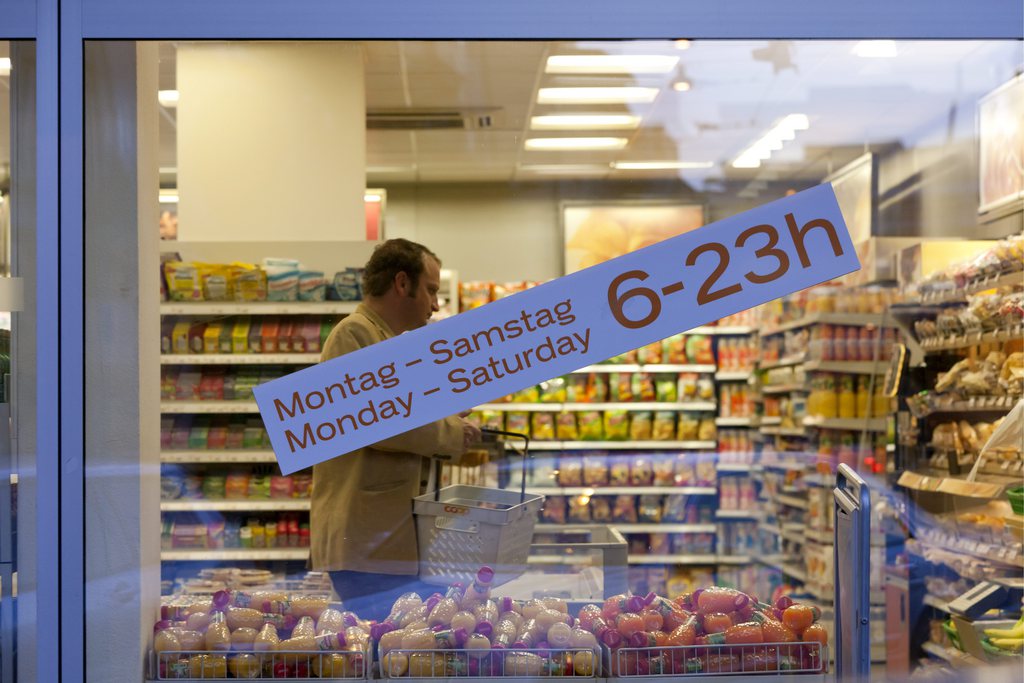
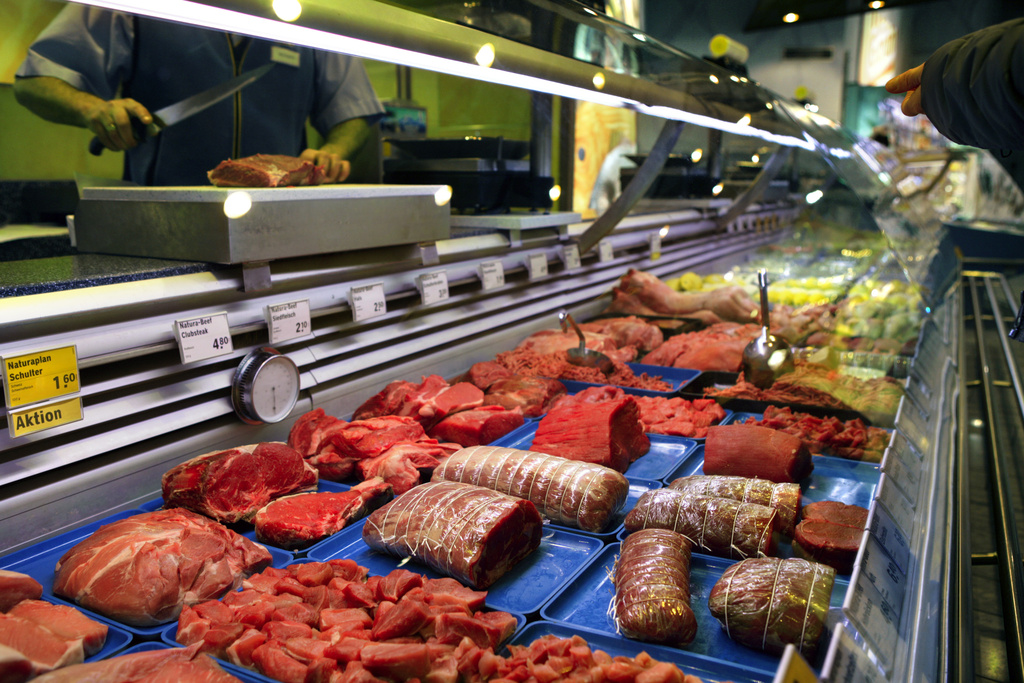
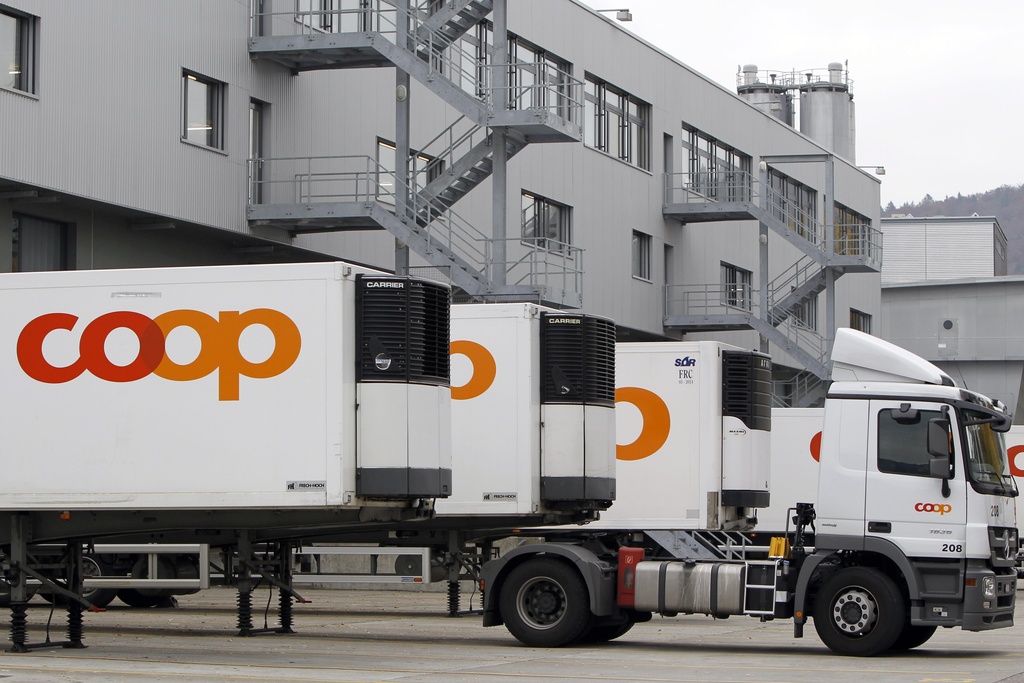
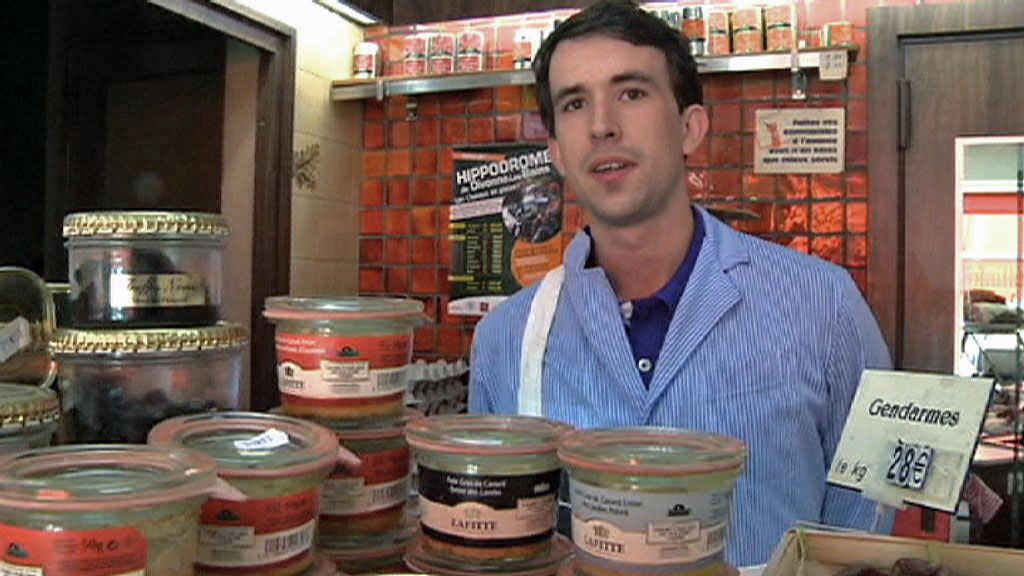
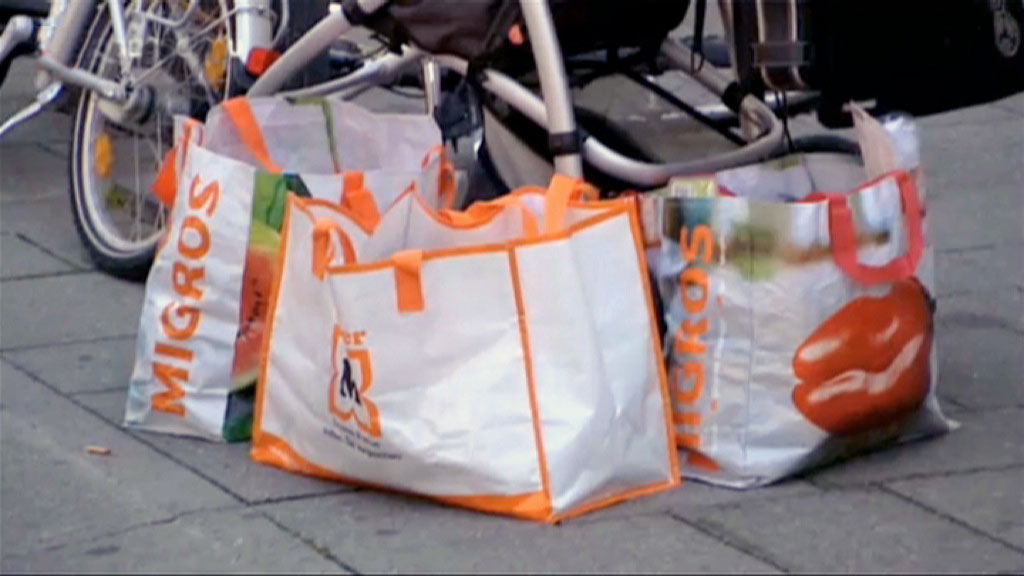

You can find an overview of ongoing debates with our journalists here. Please join us!
If you want to start a conversation about a topic raised in this article or want to report factual errors, email us at english@swissinfo.ch.